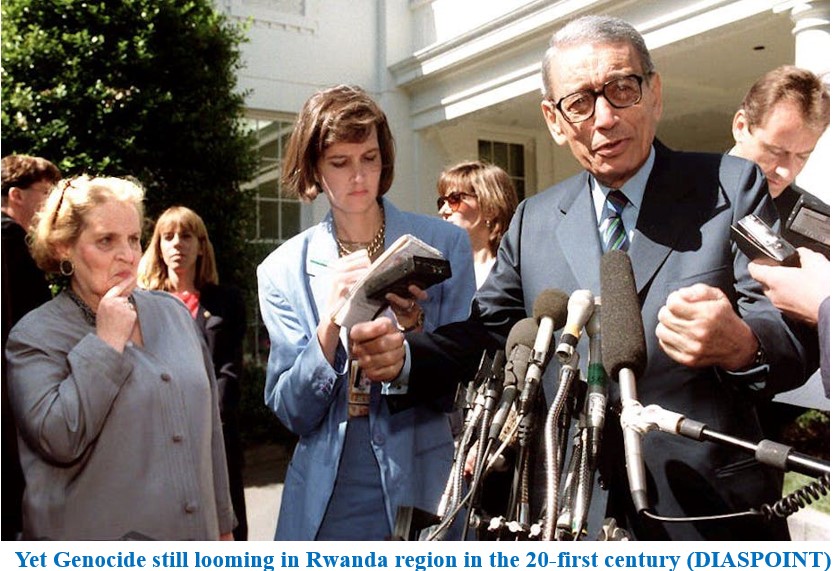Rwanda’s genocide could have been prevented: 3 things the international community should have done
Post By Diaspoint | April 12, 2024

As the world marks the 30th anniversary of the 1994 genocide against the Tutsi ethnic group in Rwanda, it is important to understand what the international community could have done to prevent it.
In one hundred days an estimated 600,000 to 800,000 Rwandans were killed. The Tutsi were targeted primarily due to long-standing ethnic tensions between the Tutsi minority and the majority Hutu population. Tutsi sympathisers and moderate Hutus were also targeted.
As the mass killings were happening, the international community stood by in a stupor, even though the nations of the world had a legal and moral obligation to intervene in cases of genocide. The United Nations also had a responsibility to maintain international peace and security.
To its credit, the United Nations had already put in place a peacekeeping mission, the United Nations Assistance Mission for Rwanda (Unamir). It was established in 1993 to support the Arusha accords, which aimed at ending the civil war in Rwanda.
Could Unamir have prevented the genocide? Being a student of peacekeeping history, I sought to learn from the UN experience. I wrote a detailed paper on whether the genocide could have been predicted and prevented. In my view this was possible but would have required three main things: detailed intelligence, preventive measures and political will.
Read More from original source
